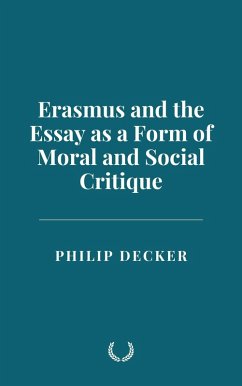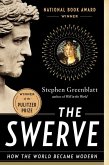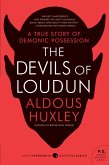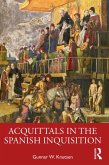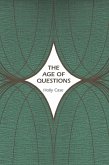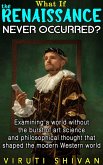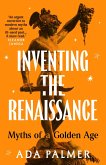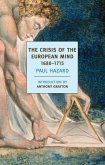Set against the dramatic backdrop of early sixteenth-century Europe, a time of religious upheaval and the dawn of print culture, this volume uncovers how Erasmus's essays helped popularize a new mode of public discourseone that engaged scholars and lay readers alike in a conversation about virtue, reason, and reform. It traces Erasmus's profound influence on contemporaries and successors, from Thomas More to Montaigne, and shows how his rhetorical innovations paved the way for the modern essay and the Enlightenment's emphasis on critical thinking.
Blending rigorous scholarship with accessible prose, this book illuminates Erasmus's enduring relevance as a thinker who challenged power with wit, bridled intellectual arrogance with humility, and championed dialogue over division. For readers fascinated by Renaissance history, literature, theology, and the evolution of ideas, this work offers a compelling narrative of how a single author's essays helped shape the course of Western thought and the art of moral critique itself.
Dieser Download kann aus rechtlichen Gründen nur mit Rechnungsadresse in A, B, CY, CZ, D, DK, EW, E, FIN, F, GR, H, IRL, I, LT, L, LR, M, NL, PL, P, R, S, SLO, SK ausgeliefert werden.

